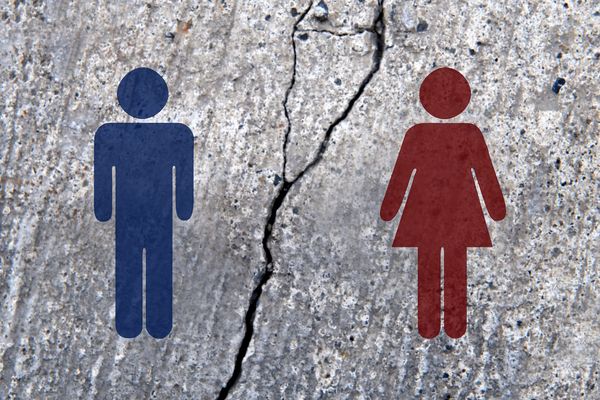Responsible business and sustainability

Gerbrand Haverkamp at The World Benchmarking Alliance argues that the UN’s new Pact for the Future must kickstart the clarification of business’s responsibilities to people and planet
The Pact for the Future is adopted. This is a massive milestone and achievement for a world in turmoil.
In addition to reaffirming previous agreements, the Pact also includes a list of agreed actions, including Action 55(c), to: “encourage the private sector’s contribution to addressing global challenges and strengthen their accountability towards the implementation of United Nations frameworks.”
Action 55(c) won’t make headlines, but it gives us a major opportunity to create real change for billions of people, whose lives are directly and indirectly impacted by how companies take responsibility for their role in delivering a sustainable future.
This is the first time that a UN text adopted by member states has acknowledged the need for strengthening the accountability of the private sector towards the implementation of UN frameworks like the SDGs, the Paris Agreement, the Global Convention of Biodiversity and the now adopted Global Digital Compact.
Holding businesses accountable to aligning with these frameworks is essential. Today, such accountability is not consequential to organisations’ success and as a result, the corporate sector is delivering nowhere near the scale and pace required.
Only 5% of the world’s most influential companies have assessed their impact on nature, while 90% fail to show evidence that they are protecting human rights. Zero oil and gas companies are phasing out fossil fuels. Less than 10% of the 200 biggest tech companies are showing evidence that they’re conducting human rights impact assessments on their development and deployment of AI.
Not even 4 in 10 financial institutions have disclosed long-term net zero targets, and just 2% of those have translated their long-term targets into interim targets.
This reality can leave us feeling angry, frustrated, even despairing, but this doesn’t help. We need to understand why this happened and what to do about it. This starts with recognising that market forces and societal pressure pushing for sustainable business are not strong enough; they did not make sustainability a competitive advantage across the board.
Investor engagement, shifting consumer expectations, and citizen movements have achieved real results in terms of improving the sustainability performance of leading companies. Yet, industries as a whole are not transforming at the rate the world needs when it comes to social inequality, climate change, and nature loss.
This is why we need governments to step back in.
The Pact’s acknowledgment of the need to strengthen private sector accountability is an important first step. The next step needs to be for the UN and its member states to use this momentum to start articulating what the corporate sector’s responsibilities are when it comes to delivering agreed UN frameworks
Clear UN norms on the businesses’ responsibility will do three things.
First, create clarity for business: companies must know what their responsibilities are and where they end.
Second, help investors, stakeholders and media to hold companies that are not living up to their responsibilities accountable, and to reward those that live up to or exceed expectations.
And third, give governments around the world a baseline to develop policies and regulation that can start to create a level playing field for business.
Agreement on business responsibilities will require a process that ensures a seat at the table for all governments, civil society, and business itself. The UN is the only entity in the world that has the legitimacy to create such a process, and it has already achieved it once, with human rights.
Human rights have been on the international agenda as far back as 1948, when the UN proclaimed the Universal Declaration of Human Rights. But it was only in 2011, when the UN spelled out companies’ responsibilities towards workers by publishing its Guiding Principles of Business and Human Rights that the landscape started to change. These norms are now translated into regulations by the EU and other jurisdictions, making human rights violations a legal liability for companies.
It is in the interest of business that the UN ensures clear articulation of their responsibility on issues like decarbonisation, development finance, paying a living wage, the use of AI and preventing nature loss. Without clarity about their actual responsibilities, they find themselves stuck between the very diverse views of their stakeholders, and it is nearly impossible for them to live up to societal expectations.
We must therefore use the Summit of the Future to start the UN processes needed to articulate the responsibility of business in all areas crucial for the future of people and planet. In doing so, we create a pathway towards making the impact of business on our common agendas consequential to their success.
Gerbrand Haverkamp is Executive Director at The World Benchmarking Alliance
Main image courtesy of iStockPhoto.com and Sakorn Sukkasemsakorn

Business Reporter Team
Related Articles
Most Viewed
Winston House, 3rd Floor, Units 306-309, 2-4 Dollis Park, London, N3 1HF
23-29 Hendon Lane, London, N3 1RT
020 8349 4363
© 2024, Lyonsdown Limited. Business Reporter® is a registered trademark of Lyonsdown Ltd. VAT registration number: 830519543





